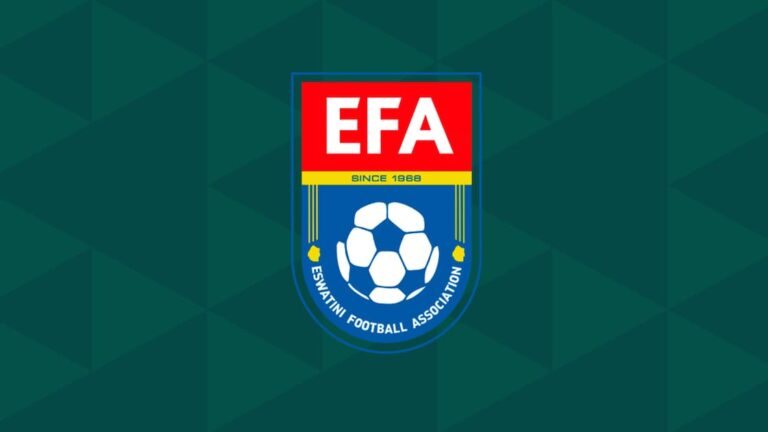
Avispa Fukuoka FC
The journey of Avispa Fukuoka FC is a compelling narrative of evolution and adaptability, reflecting the broader trends in Japanese football. Over the years, the club has undergone significant changes in strategy, management, and philosophy, marking its place in the competitive landscape of the J-League system.
Historical Context Avispa Fukuoka FC
The origins of Avispa Fukuoka can be traced back to the early days of Japanese football development. Formed in 1982, initially as a club team named “Dai Nippon Gakuen” before rebranding to “Avispa” in 1994, the club represents a classic example of grassroots development. Initially competing in regional leagues, it was not until 1996 that the team ascended to the J-League’s second division MM88.
The evolution from amateur roots to professional recognition mirrors Japan’s growing investment in sports infrastructure and talent development. This historical context is essential to understand the club’s current ambitions and aspirations. The establishment of a professional framework fostered competitiveness and integration into the global football sphere, emphasizing the importance of strategic growth and sustainable models.
Highly regarded managers and players have sought to enhance the club’s stature by investing in local talent. Avispa Fukuoka’s ability to retain and nurture local players not only develops the team but also stimulates local interest and attendance. By creating a significant regional presence, the club deepens its ties to the community, which has been crucial for its evolution over the years.
The Role of Management in Development
Through its history, Avispa Fukuoka FC has seen various managerial changes, each bringing distinct philosophies and tactical perspectives that influenced the team’s trajectory. These strategic leadership changes often coincide with shifts in team performance and league standing, showcasing the significant impact of management on a club’s progress.
Coaches such as Akinobu Yoshinaga and Kinji Sato have had a lasting influence, focusing on creating a cohesive team spirit while implementing rigorous training regimens. Their emphasis on technical skill and fluid attacking football aligns with the historical emphasis on nurturing homegrown talent. Such leadership fosters a welcoming environment for young players and provides them with the necessary tools for development.
Moreover, strategic decisions surrounding player acquisitions, youth scouting, and club infrastructure have enhanced Avispa Fukuoka’s desire to return to the J1 League. Management has continued to adjust its tactics and philosophies to align with league demands, ensuring the team’s adaptability is a cornerstone of its evolution.
Recent Developments and Ambitions
In recent years, Avispa Fukuoka FC has made substantial strides to solidify its presence in the J2 League. The ongoing commitment to youth development has borne fruit, with a burgeoning generation of talented players making an impact on the pitch. Teams that blend youth with experience tend to have a competitive edge, and Avispa Fukuoka is no exception.
The focus has also been on strengthening the club’s resources, including upgrading training facilities and promoting a holistic approach to player wellness. This emphasis resonates with a vision to not only foster talent at a local level but also prepare the team for significant challenges in higher leagues. The infrastructure and community initiatives reflect a commitment that goes beyond immediate results, serving as a foundational step toward sustained growth.
Additionally, the financial stability brought about by strategic sponsorship deals, merchandise efforts, and fan engagement initiatives illustrates the club’s ambition off the pitch. The recent strategic investments in staff, facilities, and community programs exemplify a clear vision for the future, aiming to position Avispa Fukuoka FC as a leading contender in Japanese football.



